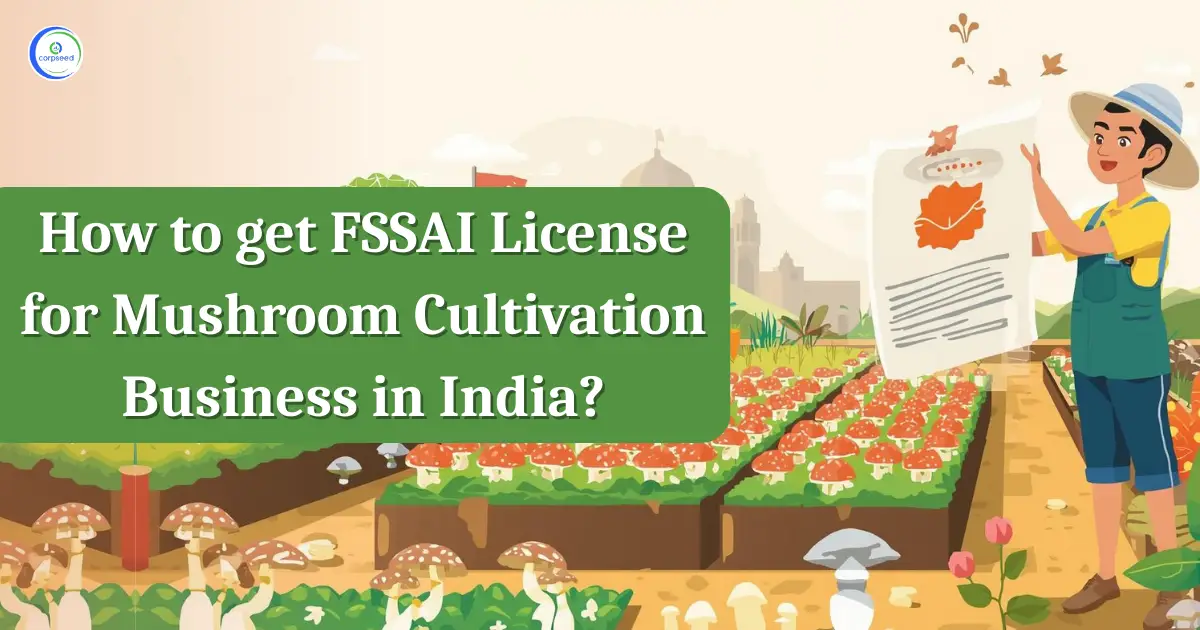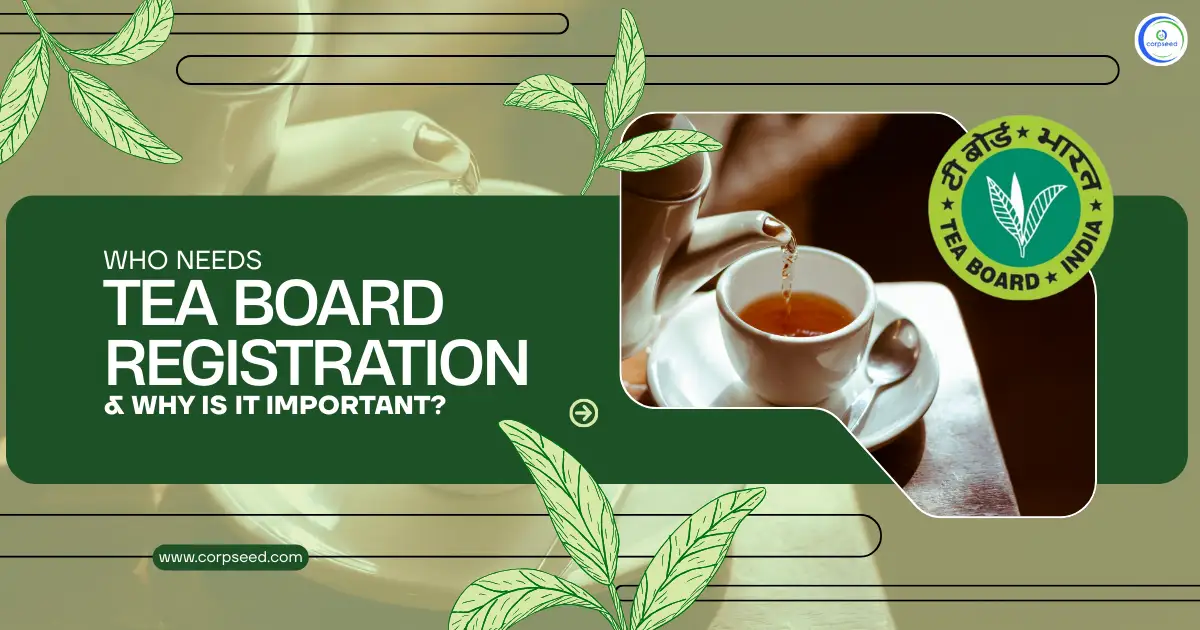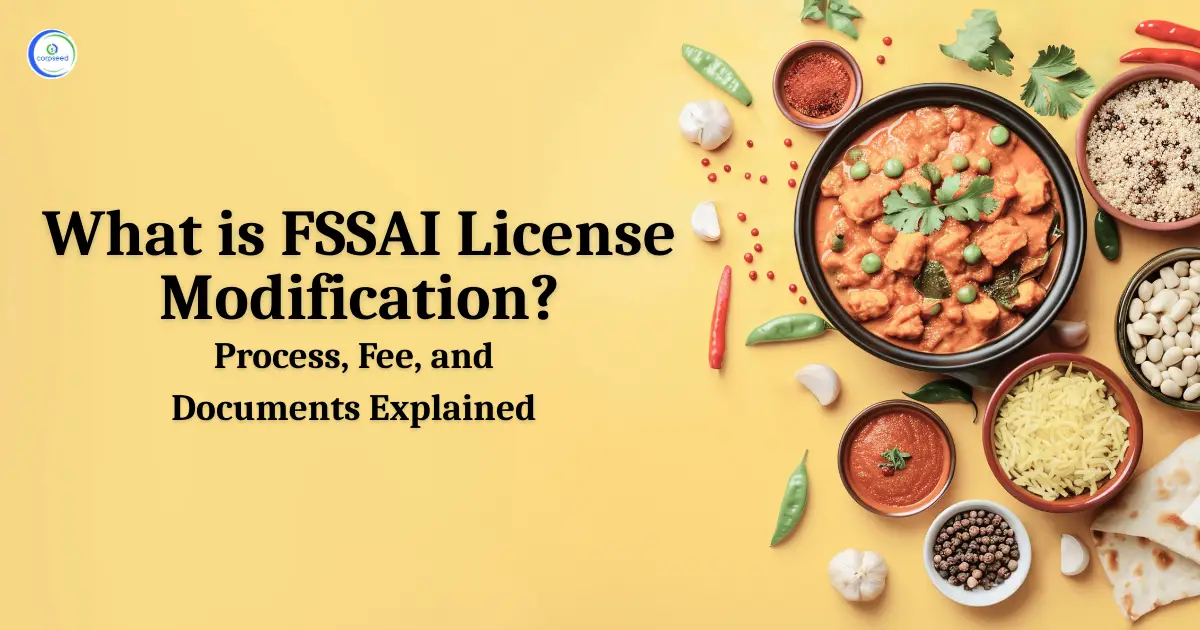Ensuring a Safe Bite: Role of FSSAI in India's Food Safety Laws
From the first bite to delight, food fuels our lives on a platter, finding its way to our stomachs, making us happy, grumpy or frowning. It's no wonder how savoury a food tastes can indicate its quality. And, this is where FSSAI (Food Safety and Standards Authority of India) makes an appearance in your lives. From ensuring the safety and hygiene of food to rechecking the labelling, and proper packaging. Safeguarding the consumer’s health is of supreme importance as if it were one’s own. FSSAI adheres to strict guidelines and aims to eliminate substandard and adulterated food products from the Indian market.
Table of Contents
- Ensuring a Safe Bite: Role of FSSAI in India's Food Safety Laws
- Unveiling the Vital Role of FSSAI in India's Food Safety Laws
- Role of FSSAI in Ensuing Food laws in India
- Understanding Food Safety Laws in India
- FSSAI's collaboration with food businesses in Food safety laws
- Responsibilities of stakeholders in Food safety laws and regulations
- Responsibilities of the Food Operator
- Responsibilities of Manufacturers, Packers, Wholesalers in Food Safety Regulations
- Conclusion: FSSAI on food laws in India
--------------Blog Contact Form-------------
“Safe, wholesome and hygienic food will create ‘Swasth Bharat’. This has to be the cornerstone of the efforts of FSSAI. The completion of the decade is a good opportunity for FSSAI to take stock of the past work and strategize the way for the future with greater effort, passion and dedication.” Prime Minister Narendra Modi
The FSSAI is not only responsible for protecting consumers from health hazards but also for protecting food enterprises from losing competitive advantage in the industry by adhering to regulations and standards. Furthermore, FSSAI consists of a centralized portal, which unites the food operators and firms to secure the licensing, labels and certifications by promising transparency and accountability.
Come as we step in and unveil the food safety regulations and best practices defined by the Food Safety and Standards Authority of India.
Unveiling the Vital Role of FSSAI in India's Food Safety Laws
One of the foremost concerns in ensuring overall wellness is food safety. It is an aspect that cannot be compromised with, or left unattended. Food safety equals fortune, where F stands for fantastic food that can only be delivered, once FSSAI takes the lead and ensures that quality & safety is maintained.
To mention, According to the Food Safety & Standards Act (FSS) of 2006, food safety refers to the “assurance that food is acceptable for human consumption for the intended use”. It ensures that the food is safe for consumption, handling, storage and preparation, preventing any illness that might cause serious repercussions. Not limited to this, it helps in retaining food hygiene, food labeling or any additives.
Role of FSSAI in Ensuing Food Laws in India
The full form of FSSAI refers to the Food Safety and Standards Authority of India, which is responsible for regulating the quality and safety of food in India. It is established under the FSS Act of 2006 and is entirely responsible for imposing regulations and guidelines related to food safety, hygiene as well and packaging.
FSSAI has set standards for food products, based on which it covers a wide range of aspects, including food additives, contaminants, and other residues. It is based on these factors, which encourage FSSAI or ensure that the food remains protected from harmful products, by making rightful decisions on food safety.
Besides setting standards or established guidelines, FSSAI is responsible for conducting inspections or audits for the business firms, to ensure that they comply with the food safety laws or hygiene, just by minimizing the risks of diseases.
Besides, let us have a look at the role of FSSAI in India
- The Food Authority must regulate and monitor the manufacturing, processing, and distribution of the sale & import to ensure that the safety of the food is maintained.
- Additionally, the provisions of the sub-section (1) come up with regulations, which say-
- The limit on the usage of food additives, residues of veterinary drugs, processing aids, mycotoxins, crop contaminants, antibiotics and pharmacologically active substances and irradiation of food.
- The guidelines as per the accreditation of the certification bodies that are engaged in the process of the certification of primarily food safety management systems for food businesses.
- The procedure as well as imposing of any quality control as per the relation of the food article that is imported to India.
- It even deals with procedures along with the guidelines as stated for the accreditation of laboratories, followed by the notification of the accredited laboratories;
- Specifying the method of sampling, analysis or the informational exchange with the authorities.
- Food labeling standards with the claims on health, nutrition, or special dietary uses and food category items.
- It specifies the manner and procedure for conducting risk analysis, risk assessment, and risk communication.
Therefore, FSSAI’s role is multifaceted, ranging from setting standards to promoting awareness about food safety laws and regulations. It aims to work towards ensuring the well-being of the consumers' health and contributing to building a reliable food system in India.
Read Our Blog: Food Law and Standards in India
Understanding Food Safety Laws in India
Food safety laws in India are termed as the regulations imposed by government agencies that have required standards as well as guidelines in terms of handling, distribution, and distribution of food products. These laws encompass various factors of importance, that ensure and maintain quality in terms of labeling, package as well, and the store. Most importantly, the main objective here is to take care of the consumer’s health, by avoiding any diseases or hazards that might put a consumer’s health at risk. It is to be noted that food-borne illnesses can be born from contaminated food, leading to life-threatening situations. And guess what, FSSAI introduces food safety laws, that have various aspects & include-
- Food hygiene
Food organizations and establishments consider food hygiene as their utmost priority and have stringent regulations in place to ensure sanitation. Within this, it usually covers guidelines adhering to regular cleaning, sanitising the equipment, and safe storage of food items, followed by inspections to ensure compliance.
- FSSAI’s role in labelling food
The Food Standards and Safety Authority of India (FSSAI) outlines the guidelines pertaining to the packaging and labelling of food items, specifically focusing on food and safety standards (Packaging & Labelling), Regulations 2011 and detailing the necessary specifications for product labelling.
The FSSAI labelling in food safety specifies the details based on the calories of the food product, mentioned as per the label. It should also highlight the calories acquired from trans-fat, sodium cholesterol, dietary fibre, protein, sugar, and Vitamins A and C in the product. Proper labelling helps consumers make informed choices and avoid potential health risks.
- Penalties
It is noted that penalties will be imposed, in case of non-compliance with the regulations imposed on the food products. It is especially true of the cases, when any food business is seen carrying out food business activities without the FSSAI license or in any way is engaged in the activities that manufacture or produce the unsafe food.
Hence, the food safety laws consist of maintaining food hygiene, labelling & packaging of food or imposing penalties in case of non-compliance. It is essential for businesses in the food industry to understand and comply with these laws to maintain the highest standards of food safety.
Read Our Blog: FoSCoS - Food License Registration Online on Portal (fssai.gov.in)
FSSAI's collaboration with food businesses in Food safety laws
As we already know Food safety is a requisite to the overall wellness of the consumers and carries the superpower, it is also crucial to realise that is the shared responsibility of the business, producers and consumers on a larger level.
Just as is already mentioned, in the realms of consumer health, achieving food safety should be celebrated as a milestone, as it calls for the combined efforts from various sectors to take necessary initiatives to fulfil the informed safety of food practices.
They require adopting adequate behaviours and the hazards associated with food safety.
FSSAI collaborates & partners with the Ministry of Health and Family Welfare in introducing various food safety laws as well as practices. It is all about harmonizing the food regulations complying with the international standards, and making sure that the food products usually meet global quality standards.
Responsibilities of stakeholders in Food safety laws and regulations
Besides, FSSAI even mentions the responsibilities of the stakeholders which are mentioned below.
Responsibilities of the Food Operator
As per FSSAI, the responsibilities state-
- The food operator is required to ensure that food articles fulfil the conditions as posed by this act, along with the regulations that undergo the stages of processing, import and distribution within the business as per this control.
- It is to be noted that the no food business operator either by themselves or any person on his behalf can begin to store, sell or manufacture any food article, that matches the following-
- That is deemed too unsafe
- Misbranded or sub-standard containing any extraneous matter; or
- For which the license is needed, except for the conditions posed by this license; or
- Which is at the time being prohibited by the Food Authority central government or state government for the interest of the public health; or
- Contrary to any other provision of this Act or any rule or regulation
- No food business operator can appoint any individual, who suffers from contagious or any infectious disease.
Responsibilities of Manufacturers, Packers, Wholesalers in Food Safety Regulations
The responsibilities of the manufacturers, packers and wholesalers consist of the following responsibilities, which include-
As per the food regulations, the manufacturer, and packer of the article of the food will be held responsible for the article of the food if it does not comply with the requirements of the act, mentioned-
The wholesaler as well as the distributor will be held responsible under the act if found that any article of food states-
- It is supplied after the expiration date; or
- Supplied or seen to be stored in violation of the safety associated with the manufacturer.
- Unsafe or misbranded; or
- Unidentifiable of the manufacturer, from whomever the article of the food has been appropriated.
The seller can be held liable under the act for any of the food articles, which states-
- Sold after the expiration date; or
- Stored or handled in unhygienic conditions; or
- Misbranded
- Unidentifiable of the manufacturer, from whoever the article of the food has been appropriated.
- One that is received with the knowledge
- Received with the knowledge that it was unsafe
Conclusion: FSSAI on food laws in India
We conclude that FSSAI refers to the Food Safety and Standards Authority of India, which is responsible for regulating the quality and safety of food in India. The primary goal of these food safety regulations in India is to protect consumers from becoming victims of these food-borne diseases that have the potential to threaten a person's life. Consequently, food laws are not solely the responsibility of FSSAI, but also of food operators and consumers. Additionally, to ensure the efficiency of your food business, you require an FSSAI license, through proper registration & certification. Having an FSSAI license qualifies you to run the food business & ensure that food safety regulations are rigidly followed.
Read Our Blog:
- Understanding FoSCoS FSSAI: Regulations, Objectives, Services, and Procedures
- FoSCoS FSSAI License - Online Registration Process in India
- Food Safety And Compliance System (FoSCoS)
- FoSCoS - Food License Registration Online on Portal (fssai.gov.in)
- FSSAI: Food Safety and Standards Authority of India
- Food Safety | FSSAI Food And Safety Guidelines For FBO’s
- How to Get FSSAI License
This portion of the site is for informational purposes only. The content is not legal advice. The statements and opinions are the expression of author, not corpseed, and have not been evaluated by corpseed for accuracy, completeness, or changes in the law.
BOOK A FREE CONSULTATION
Get help from an experienced legal adviser. Schedule your consultation at a time that works for you and it's absolutely FREE.









